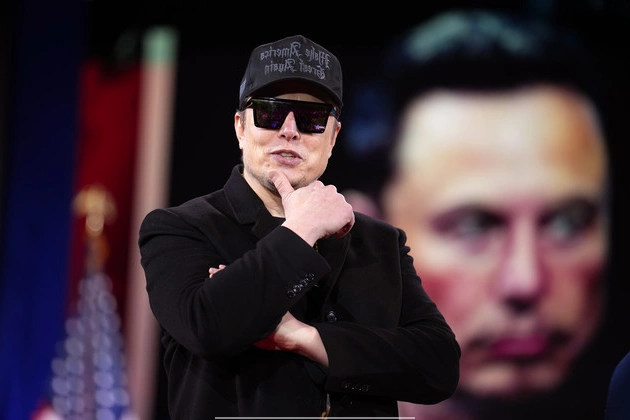
Elon Musk’s participation in President Donald Trump’s interview with Air Force secretary nominee Troy Meink has sparked serious conflict of interest concerns. Meink’s disclosure to Congress revealed this unusual move, questioning the space mogul’s role in the selection process.
The disclosure is significant due to Musk’s substantial national security and defense contracts at stake as CEO of SpaceX, including Pentagon launch contracts, satellite systems, and Trump’s proposed missile defense shield, Golden Dome.
Unprecedented Political Reach
While Meink clarified that Musk was just one of many present during the interview, the involvement of a contractor in a personnel decision for a top Air Force post has raised eyebrows. Ethics experts warn that this move crosses ethical boundaries.
Richard Painter, former chief White House ethics lawyer, expressed concern over a military contractor influencing Pentagon leadership choices. Danielle Brian from the Project On Government Oversight emphasized the need for transparency in awarding contracts to ensure fairness.
Transparency and Accountability
Questions have emerged about the authenticity of contracts awarded to Musk’s companies and whether his influence tilts the scales in their favor. The need for independent decision-making in national security matters is crucial to avoid conflicts of interest.
Sen. Elizabeth Warren and Sen. Tammy Duckworth have raised concerns about potential favoritism in satellite contracts and the selection of national security officials. Scrutiny over Musk’s ties to nominees like Jared Isaacman highlights the importance of accountability and transparency in government appointments.
It remains essential for government agencies to uphold ethical standards and ensure that contractors do not unduly influence decision-making processes. Musk’s involvement serves as a reminder of the need for clear boundaries between contractors and government officials.











